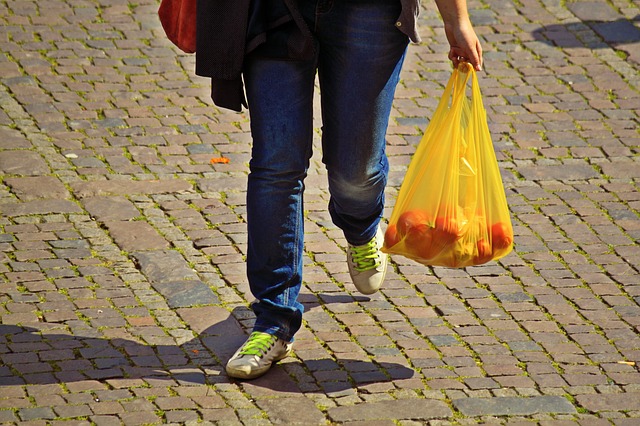A typical Canadian family will spend up to $420 bucks more on food in 2017 says a new report just released from the researchers at Dalhousie University in Halifax.
The study says that food inflation, a hurting loonie and Donald Trump as President are all going to be factors that will drive prices up an estimated 3-5 percent on average (food inflation rates are manageable for dining establishments, grocery stores and consumers at between 1-2 percent according to the researchers).
Food prices overall are expected to rise between three and five per cent, with meat (especially chicken and pork), vegetables and fish expected to rise four to six per cent. Fruit and nut prices are expected to go up between three and five per cent, dairy, eggs, bakery goods and cereals are anticipated to increase by up to two per cent.
The Year in Review
Food prices fluctuated this year, first going up and then, in October, food prices recorded their first year-over-year drop in nearly 17 years, according to Statistics Canada.
Depending on where they live, Canadians will experience different levels of grocery and restaurant “sticker shock” according to this study. Overall it says thast if you are in Ontario or B.C. above-average food inflation — around four to five per cent, can be expected.
On the other hand if you are in Newfoundland, Labrador, New Brunswick, Quebec, Manitoba or Alberta… below-average price increases can be expected. As for the rest of Canada, the remaining provinces and the Northwest Territories should expect average rises in food costs.
To receive similar content, “Like” us on Facebook @ https://www.facebook.com/niagarabuzz.ca












